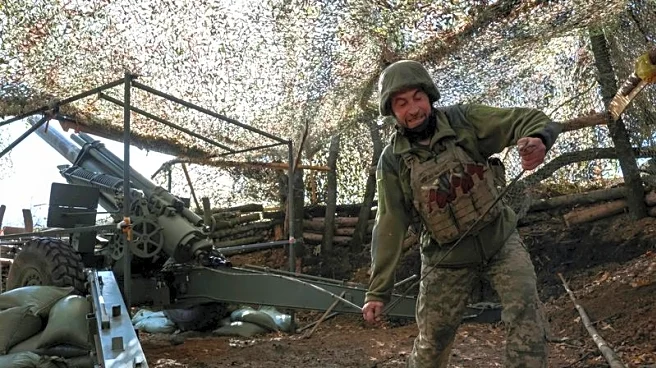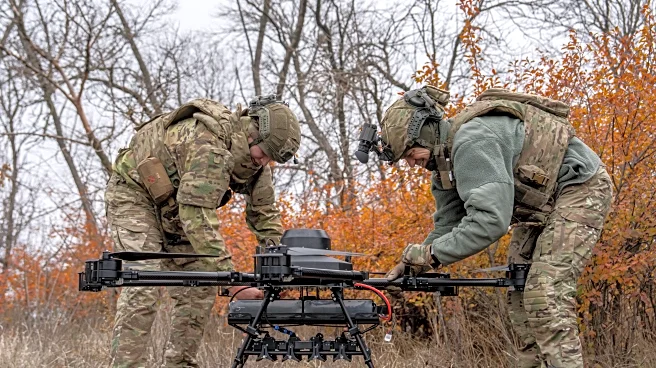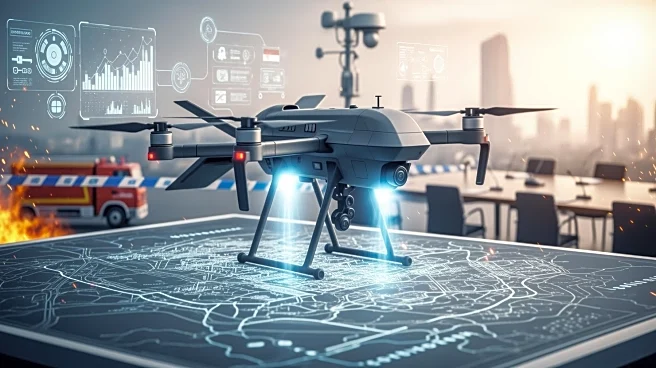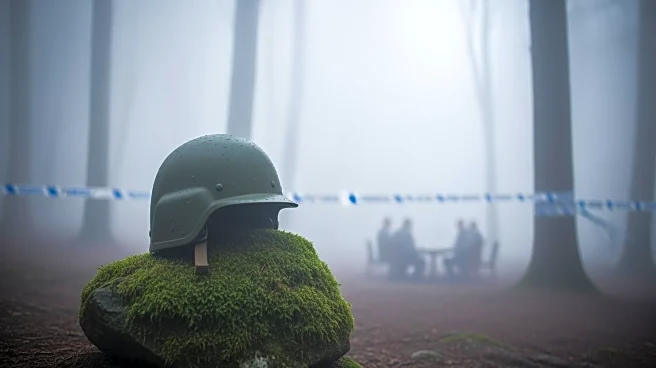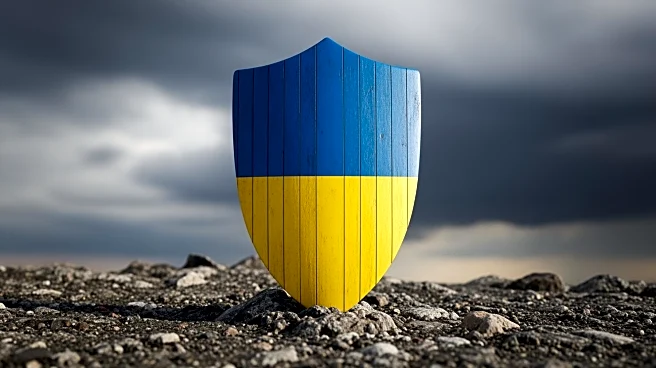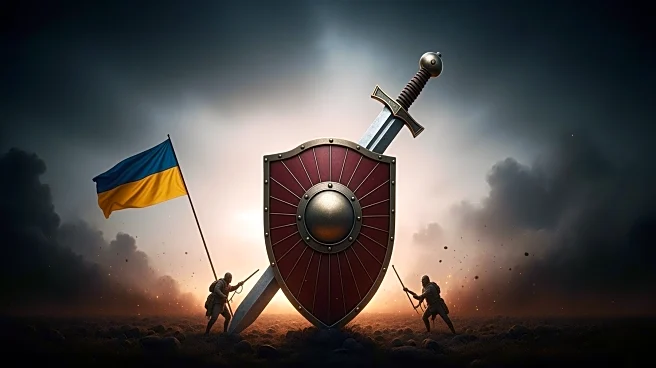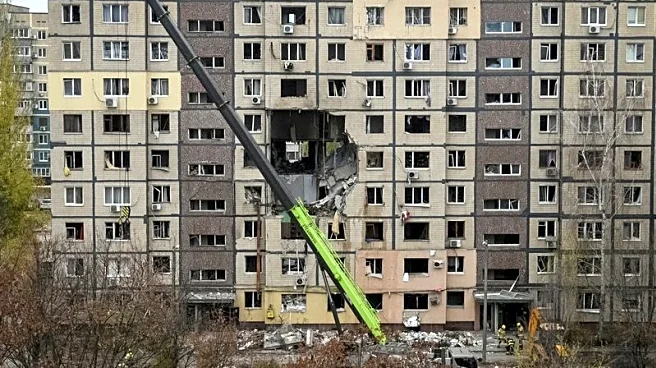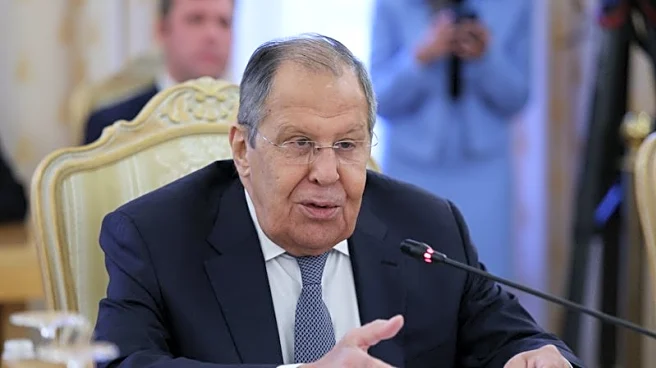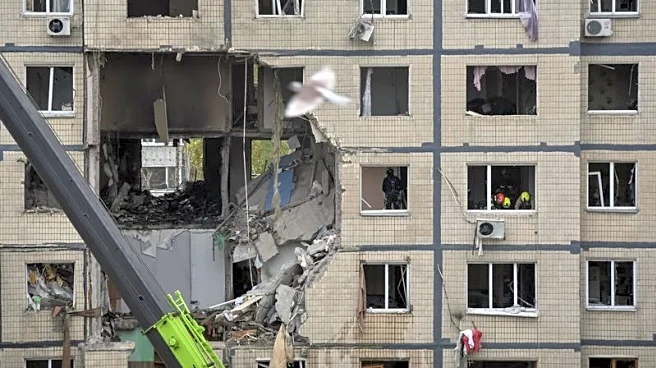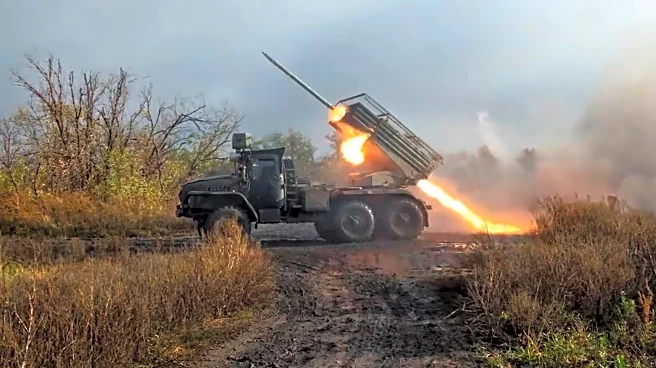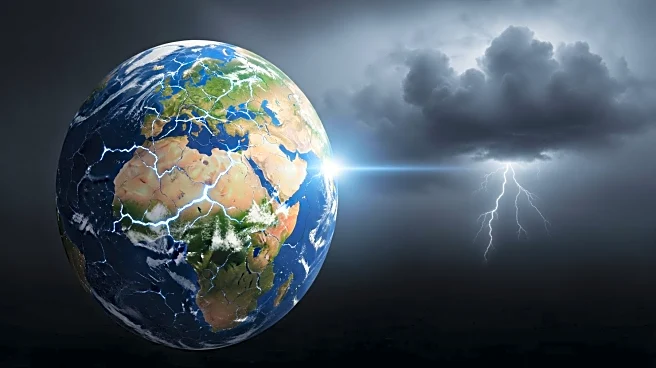By Andrew Osborn and Felix Hoske
MOSCOW/KYIV (Reuters) -Russia says its forces have pushed deeper into the eastern Ukrainian city of Pokrovsk, with one video on Tuesday showing Russian soldiers rolling
into it on motorbikes and on the roofs of battered cars and vans amid thick fog.
Ukraine's top military commander Oleksandr Syrskyi has estimated that Russia is massing some 150,000 troops in its push to take Pokrovsk. He says Ukrainian forces are seeking to remove around 300 Russians Kyiv says have infiltrated the city so far.
Following are key facts about Pokrovsk, which Russians call by its Soviet-era name of Krasnoarmeysk, and the long battle for its control, which began in earnest in mid-2024.
WHAT IS POKROVSK?
Pokrovsk is a road and rail junction in Ukraine's eastern Donetsk region with a pre-war population of some 60,000 people. It was previously an important logistics hub for the Ukrainian army, being situated on a key road which the troops used to supply other embattled outposts along the frontline.
However, most people have now fled, all children have been evacuated, and few civilians remain amid Pokrovsk's pulverised apartment buildings and cratered roads.
Ukraine's only mine producing coking coal - used in its once vast steel industry - is around six miles (10 km) west of Pokrovsk. Mining operations there have been suspended.
Pokrovsk is also home to the region's largest technical university, which now stands abandoned, damaged by shelling.
WHY DOES RUSSIA WANT POKROVSK?
Russia wants to take the whole of the Donbas region, which comprises the Luhansk and Donetsk provinces. Ukraine still controls about 10% of Donbas - an area of about 5,000 square km (1,930 square miles) in mostly northern Donetsk.
Capturing Pokrovsk and Kostiantynivka to its northeast, which Russian forces are also trying to envelop, would give Moscow a platform to drive north towards the two biggest remaining Ukrainian-controlled cities in Donetsk - Kramatorsk and Sloviansk.
It would also leave Ukraine's Dnipropetrovsk region to the west, where Russian forces say they have already established a foothold, more vulnerable to Russian advances.
Pokrovsk would be Moscow's most important single territorial gain inside Ukraine since it took the ruined city of Avdiivka in early 2024.
Moscow wants to convince the West that its capture of the remainder of the Donetsk region is inevitable and that it would be better for Kyiv to voluntarily hand it over as part of a peace deal.
Ukraine, which rejects that idea, is anxious to show its Western partners that it can make the Russians pay a heavy price for relatively modest territorial gains and is therefore deserving of continued military and financial aid.
Russian President Vladimir Putin says Donbas is now legally part of Russia. Kyiv and most Western nations reject Moscow's seizure of the territory as an illegal land grab.
Some Western military analysts, like Rob Lee, a senior fellow at the U.S.-based Foreign Policy Research Institute, say that capturing Pokrovsk would be an important win for Russia for operational reasons.
But Russia would still remain well short of its goal of controlling the rest of Donetsk, including the two fortress cities of Kramatorsk and Sloviansk, Lee said.
WHY HAS IT TAKEN SO LONG?
Russia has been threatening Pokrovsk for more than a year. Instead of the full-frontal assaults it used in earlier battles like the bloody campaign for the similar-sized city of Bakhmut, Russia's military has been using a pincer movement to gradually encircle Pokrovsk and threaten Ukrainian supply lines.
Russian forces harry Ukrainian troops by sending in small units and drones to disrupt logistics and sow chaos before sending in larger reinforcements.
Ukraine says Russia's offensive has seen its forces sustain huge losses. Moscow says it is Ukraine, with its significantly smaller population, that is at risk of running out of men and that its own slower tactics are designed to minimise casualties.
An incursion into Russia's Kursk region by Ukrainian forces last year, which Moscow fought back, slowed the Russian attack on Pokrovsk.
WHAT IS HAPPENING NOW?
Ukraine has rushed to strengthen positions in the city.
Ukrainian President Volodymyr Zelenskiy said on Tuesday that bad weather was favouring Russian attacks, the scale of which he said was increasing.
Separately, Ukraine's military said Moscow had intensified efforts to get more troops in over the past few days, using dense fog for cover.
"Their goal remains unchanged - to reach the northern borders of Pokrovsk and then attempt to encircle the conurbation," Ukraine's 7th Paratrooper Corps said on Facebook.
DeepState, a Ukrainian project that maps the front line based on verified open source images, shows Russian forces pushing into the city from the south, though much of it is still in grey, beyond the firm control of either side.
Reuters was unable to verify battlefield reports from either side due to reporting restrictions in the war zone.
(Reporting by Andrew Osborn in Moscow and by Felix Hoske in Kyiv Editing by Gareth Jones and Peter Graff)
